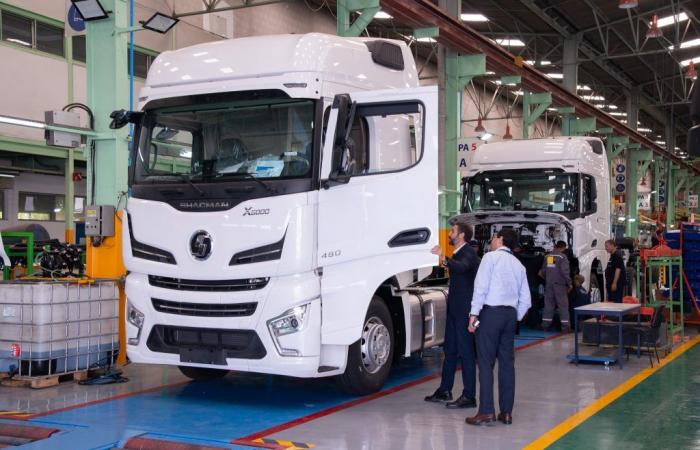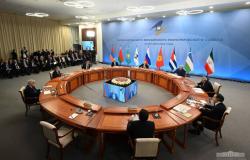Morocco has reached a new milestone in its industrial journey with the launch of the production of international heavy-duty trucks. This development is not a simple stroke of luck or the fruit of an isolated investment, but the result of a strategic vision that was built over several decades.
This vision is based on the rise in skills of industrial sectors, the attractiveness of foreign investments and a policy of economic diversification which has convinced first-rate international partners, such as the Chinese manufacturer Shacman.
Solid foundations from the automotive and aeronautics sectors
Before positioning itself in the heavy-duty truck segment, Morocco established itself as a key player in the automobile and aeronautical industries. These sectors served as laboratories for testing and perfecting high value-added industrial strategies.
Read also | Morocco eyes the second platform of the automobile industry in China
With successes such as the Renault factories in Tangier and Stellantis in Kenitra, as well as a dynamic aeronautical ecosystem supported by companies such as Boeing and Safran, the country has demonstrated its capacity to host and develop complex projects requiring supply chains. robust supplies and a qualified workforce.
An efficient industrial ecosystem
The transition to the production of heavy-duty trucks, such as the Shacman X6000 model, is part of an already mature industrial ecosystem. This project directly benefits from the modern infrastructure put in place, such as specialized industrial zones, world-class ports like Tanger Med, and an efficient logistics network. The local integration rate of 40% in the production of these trucks testifies to the development of local suppliers and their ability to meet demanding international standards.
Read also | Aeronautics: Morocco ranked 5th among the most dynamic countries in the world
A key element of Moroccan success lies in efforts to train a skilled workforce. Institutions like the Automotive Industry Training Institute (IFMIA) have been essential in providing competent technicians and engineers capable of working on high value-added projects. This ability to generate skills locally is a major asset for attracting international partners, who find in Morocco a pool of competitive and well-trained talent.
-A win-win strategic partnership
The partnership between Premium Group and Shacman would not have been possible without Morocco’s growing industrial reputation. Premium Group has been able to highlight its in-depth knowledge of African markets, while Shacman brings its technical expertise and know-how in heavy goods vehicles. This partnership is based on a logic of complementarity, where Morocco becomes an industrial hub to meet growing demand in Africa and beyond.
Read also | National Industry Day: green indicators raise the bar for ambition
The launch of trucks like the Shacman X6000 is not just a technical feat; it is a step towards greater industrial independence. By reducing dependence on truck imports, Morocco is also positioning itself as a potential exporter to promising markets, particularly in sub-Saharan Africa. This industrial diversification strengthens the resilience of the Moroccan economy in the face of external shocks and opens up prospects for employment and innovation.
A model for the future of African industry
Morocco’s success in the heavy goods vehicle industry is a strong signal for the African continent. It shows that with a strategic vision, targeted investments and a gradual increase in skills, developing countries can compete in advanced industrial segments.
Read also | Khalid Qalam: “In the field of the automobile industry, Morocco is not starting from scratch”
Thus, the production of heavy-duty trucks “made in Morocco” is not only a milestone in the country’s industrial history, but also an inspiring model for other emerging economies. Morocco proves that it is possible to move from subcontracting to co-design and, ultimately, to true industrial sovereignty.






